After more than a decade of organization, from Vietnam Book Day to Vietnam Book and Reading Culture Day as it is today, we can affirm that this is one of the typical cultural events with widespread influence, contributing to nurturing and arousing the love of books, building reading habits among all classes of people. The event not only affirms the role and value of books in social life but also demonstrates the strategic vision of the Party and State in developing reading culture - a fundamental and key factor for the sustainable development of the country and people to enter a new era, an era of national development.
To better understand the mark of Book Day and Reading Culture, Tri Thuc Magazine - Znews had an interview with Associate Professor, Dr. Pham Minh Tuan - Deputy Editor-in-Chief of Communist Magazine , Chairman of Vietnam Publishing Association.
Instill knowledge
- Sir, after more than 10 years of implementation, what marks has Vietnam Book and Reading Culture Day left in people's lives?
- On February 24, 2014, the Prime Minister signed Decision No. 284/QD-TTg to designate April 21 every year as “Vietnam Book Day”. This decision is a milestone marking the deep and consistent interest of the State in building a learning society, encouraging the reading movement, honoring bookmakers, as well as promoting the development of the country's publishing industry. The event not only honors knowledge but also contributes to building a learning society, arousing the spirit of learning and creativity in all classes of people.
The expansion into “Book and Reading Culture Day” (from 2022) demonstrates a long-term vision, in line with the new era - where reading culture becomes a bridge between traditional knowledge and modern technology, associated with the development of Vietnamese culture and people in the spirit of the Resolution of the 13th National Party Congress.
Over the past 10 years, from a modest cultural holiday, Vietnam Book and Reading Culture Day has now spread strongly throughout society, becoming a festival for book lovers, those working in publishing and distribution, and all people, especially the young generation. Activities in response to Book Day not only take place in big cities but also spread to localities, remote areas, border areas, and islands - where previously, access to books was limited.
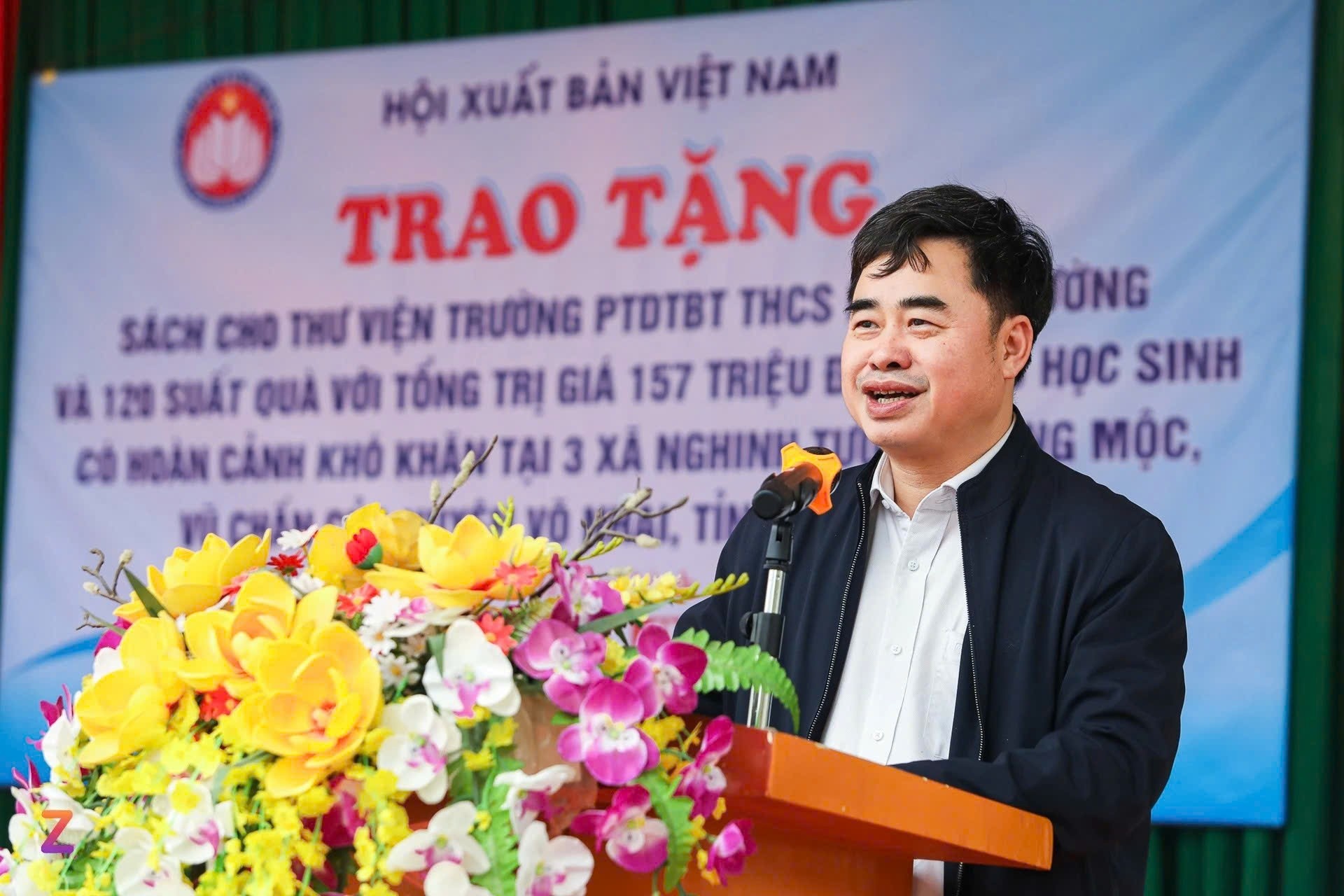
Associate Professor, Dr. Pham Minh Tuan speaks at the gift-giving ceremony for children in Thai Nguyen on the occasion of Tet 2025. Photo: Viet Linh. |
The good news is that the reading movement among students and young people has been clearly aroused. Many school libraries have been improved, many models of "friendly libraries", "mobile book carts", "classroom bookcases", "community bookcases" have been widely deployed. Book introduction contests, book compositions, forums, discussions, exchanges with authors... have helped books get closer to readers, becoming an essential part of people's spiritual life.
In particular, through book street models, typically Ho Chi Minh City book street and Thu Duc City book street, reading culture has been spread to all people.
In addition, publishers, distributors and state management agencies have also constantly innovated their organization and promoted the application of information technology to diversify the forms of book access: from paper books to audiobooks, e-books, digital libraries... This has made reading culture not only associated with physical space, but also adapted to the digital context and the need for fast, multi-dimensional information access of modern society.
- Over the years, Book and Reading Culture Day has received support from many provinces and localities. In your opinion, what are the core factors that make up the long-lasting vitality of Book and Reading Culture Day?
- Vietnam Book and Reading Culture Day has become a "cultural brand" with lasting vitality thanks to the attention of all levels and its spread in society.
In terms of policy, over the past time, the Party and the State have had many major policies to create favorable conditions for the development of reading culture. In particular, the Prime Minister has approved the Project "Developing reading culture in the community until 2030", which clearly identifies specific goals such as: increasing the proportion of the population reading books regularly, building models for sustainable reading culture development, applying technology to popularizing books and knowledge. The Propaganda Department (currently the Central Propaganda and Mass Mobilization Department) has many appropriate and timely directives to develop reading culture. Most recently, the Central Propaganda and Mass Mobilization Department sent a document to agencies and units, requesting "continuing to promote the organization and promotion of Vietnam Book and Reading Culture Day" with specific contents.
Specialized ministries are also always interested in reading promotion activities. For example, recently, through the SMS system, the Ministry of Culture, Sports and Tourism sent a message to all people to join hands in responding to the National Book and Reading Culture Day. Library systems under the Ministry also actively participate in organizing reading events.
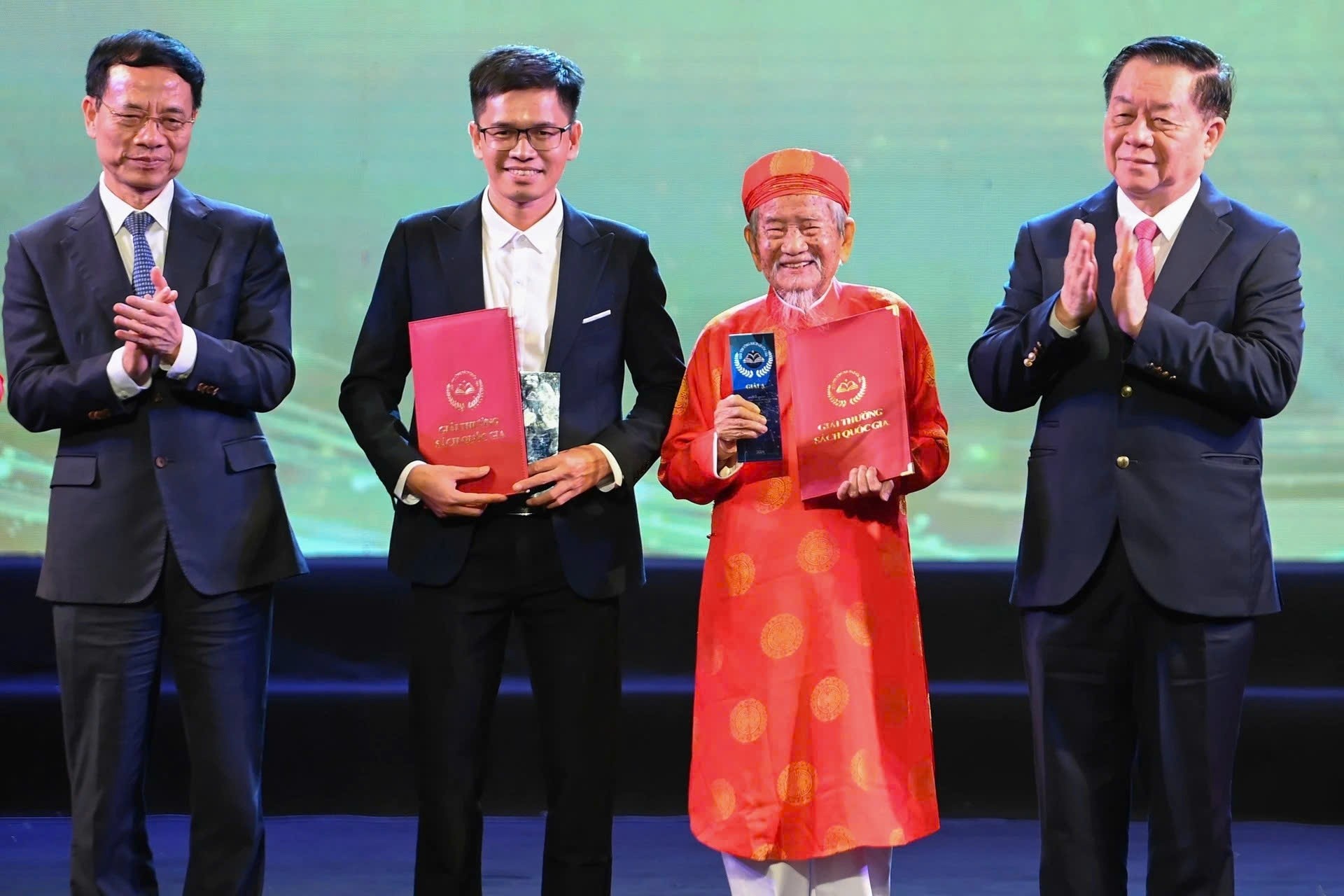
Researcher Nguyen Dinh Tu and Mr. Tran Dinh Ba - Deputy Director - Deputy Editor-in-Chief in charge of Ho Chi Minh City General Publishing House - received the A prize of the National Book Award. Photo: Viet Linh . |
Another important evidence for the development of the reading movement and publishing quality is the success of the National Book Award - the predecessor of the Vietnam Book Award. This is a prestigious award, held annually to honor valuable works, authors and publishers with outstanding contributions. Over the years, the award has expanded in scale and genre, reflecting the depth of intelligence, cultural identity and national spirit. Many awarded works have become valuable documents in research, study and are the pride of the country's publishing industry.
The spirit of Book Day and Reading Culture has spread to many organizations and units. More and more localities, agencies, schools, and businesses have responded positively with activities such as book exhibitions, author exchanges, and launching reading movements. In particular, in the new era of digital transformation, the event has gone beyond the traditional framework, spreading strongly through digital platforms, helping to reach a variety of audiences, especially young people.
- In the context of the current rapid development of artificial intelligence, what should Book Day and Reading Culture do to continue to maintain its position, especially with the young generation who increasingly access information through digital platforms?
We are living in an age of abundant information, which at the same time poses challenges in terms of quality, orientation and ability to select information. In that context, developing a reading culture needs to be placed in a harmonious relationship between the core value of knowledge and the need for flexible and convenient access of users.
Assoc.Prof.Dr. Pham Minh Tuan - Chairman of Vietnam Publishing Association
- In the past year, we can see a bright spot in the publishing industry, electronic publications increased by 120.7%, reaching 4,050 titles, raising the rate of electronic publications to 8.9% in the publishing structure. From there, it can be seen that digital transformation is taking place strongly, activities within the framework of Book Day and Reading Culture are also gradually changing to continue to maintain their position and attraction, especially with the young generation - a group of readers who tend to access information mainly through digital platforms.
Book and Reading Culture Day needs to be organized more systematically and creatively, linked to major national events, while creating conditions for widespread community participation. The goal is not just a festival, but a movement that has a profound, long-term impact, orienting society towards sustainable values, truth - goodness - beauty.
We are living in an era where information is more abundant than ever before, but at the same time it also poses great challenges in terms of quality, orientation and ability to select information. In that context, developing a reading culture needs to be placed in a harmonious relationship between tradition and modernity, between the core values of knowledge and the need for flexible and convenient access of users.
To deepen reading culture
- Book and Reading Culture Day is now seen as part of the national reading culture development strategy. What does this mean for the reading promotion movement?
- The significance of the event lies in the fact that it creates a series of simultaneous impacts: nurturing a love of books in the community, arousing emotions and imagination in children, creating motivation for innovation from book publishers, libraries, schools, and especially promoting the interest of authorities at all levels in reading culture.
When the Project on developing community reading culture to 2030 was approved (Decision No. 329/QD-TTg of the Prime Minister), which identified reading as an important part of the cause of education and comprehensive human development, Book and Reading Culture Day was recognized as an effective means of implementing and concretizing the spirit of the policy into life. Here, books are the catalyst that creates connections between people, between generations, between traditional values and modern quintessence.
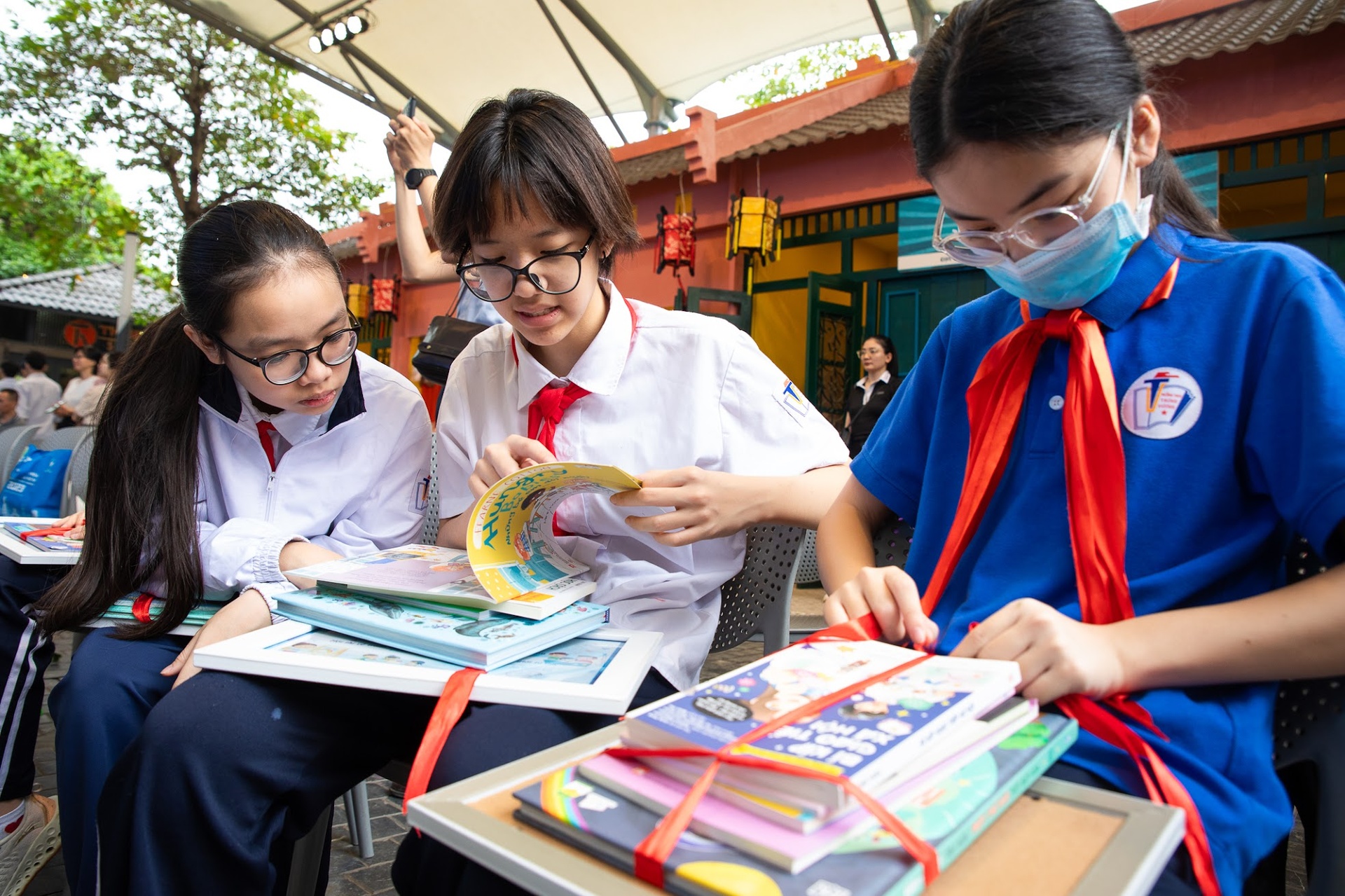
Students respond to Book and Reading Culture Day 2025 at Hanoi Book Street on December 19. Photo: Viet Ha |
Works that were honored at the 2024 National Book Awards such as The Teacher (General Nguyen Chi Vinh), Nameless Summer (Nguyen Nhat Anh), Vietnamese History in Pictures... when introduced, displayed and honored at the Book and Reading Culture Day, have opened up new approaches for young readers, helping them to more deeply absorb the cultural and humanistic values hidden in each page of the book.
- In your opinion, what are the necessary changes to improve reading culture ?
- First of all, it is necessary to clearly realize that developing a reading culture cannot be a single or short-term task, but must be a comprehensive, long-term, sustainable strategy, closely connected with the cultural - educational - social development goals set by the Party and State.
Reading culture is the "spiritual shield" that helps people select, verify, compare and form a solid personal value system on the basis of correct knowledge.
Assoc.Prof.Dr. Pham Minh Tuan - Chairman of Vietnam Publishing Association
In the coming time, reading culture needs to be developed in conjunction with the transformation of knowledge access models from “one-way transmission” to “activating independent, critical and creative thinking”, especially in the educational environment. This requires actively bringing reading culture into schools not only in the form of movements, but also integrating it into teaching content, developing reading comprehension, analysis and evaluation skills for students right from primary and secondary school.
At the same time, it is necessary to promote the role of reading culture in building political capacity, moral qualities, civilized and modern lifestyles for Vietnamese citizens in the digital age. We are facing the strong penetration and influence of social networking platforms and multi-dimensional information - including a lot of toxic and deviant content. Reading culture is a "spiritual shield" that helps people select, verify, compare and form a solid personal value system based on correct knowledge.
On the other hand, it is necessary to identify that developing a reading culture is also part of the process of building and spreading the country's "soft power", especially in the current period of deep integration. A developed reading culture not only helps to improve the knowledge of the people in the country, but also creates works and knowledge products that can conquer international readers - thereby enhancing the position, prestige and image of Vietnam in the international arena.
- From the perspective of state management, what is the important task to improve reading culture?
- In the field of state management, an indispensable task is to build a national database on reading culture, including specific indicators such as: the proportion of the population that reads books regularly, the number of libraries and books, the publishing situation by genre, the level of book access in different population groups... These indicators will be an important basis for evaluating, formulating policies and measuring the effectiveness of reading culture development programs in a scientific and sustainable direction.
At the same time, it is necessary to focus on training a team of staff working in libraries, publishing, distributing and communicating about books. These are the "nuclei" that play an important role in spreading the value of books to the community. Investing in people is investing in the future of the country's reading culture.
Finally, I would like to emphasize that: for reading culture to truly go into depth and become the foundation of social knowledge, there needs to be a responsible alliance between the State - school - family - society - enterprise. Each subject has an irreplaceable role. The State needs to play the role of policy creation and development orientation; schools and families are the places that directly sow the habit of reading; social organizations and enterprises can accompany in organizing events, sponsoring bookcases, and spreading effective reading models.
znews.vn
Source: https://znews.vn/phat-trien-van-hoa-doc-va-ky-nguyen-vuon-minh-cua-dan-toc-post1547669.html




![[Photo] More areas of Thuong Tin district (Hanoi) have clean water](https://vstatic.vietnam.vn/vietnam/resource/IMAGE/2025/4/29/55385dd6f27542e788ca56049efefc1b)


![[Photo] Prime Minister Pham Minh Chinh and Japanese Prime Minister Ishiba Shigeru visit the National Museum of History](https://vstatic.vietnam.vn/vietnam/resource/IMAGE/2025/4/29/93ae477e0cce4a02b620539fb7e8aa22)
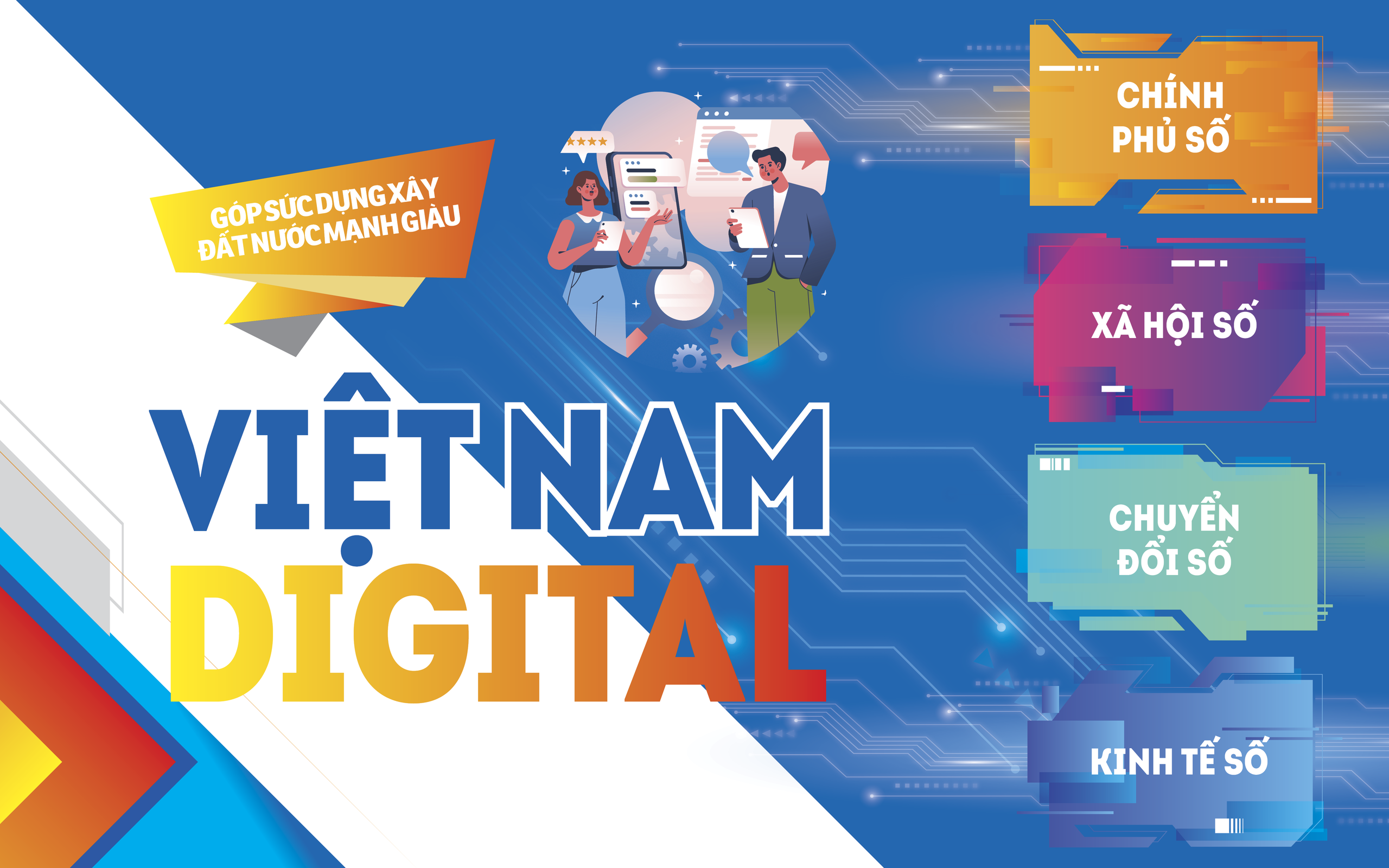



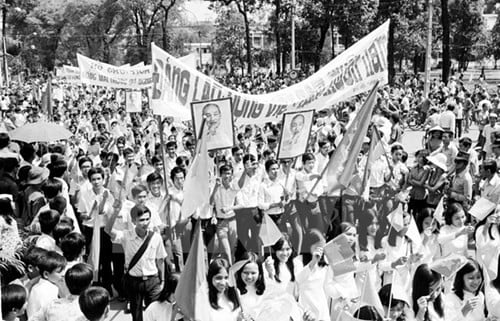







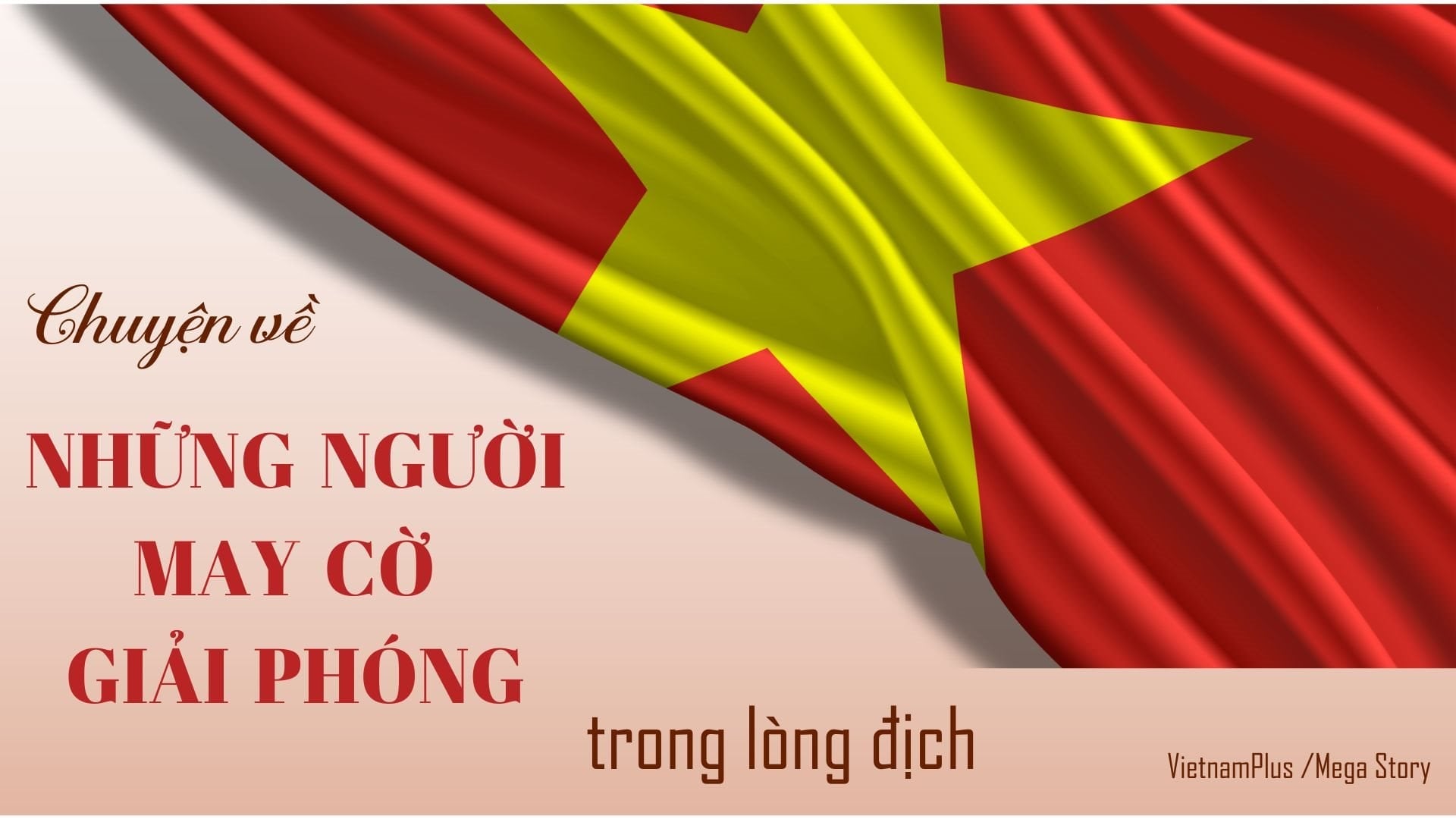
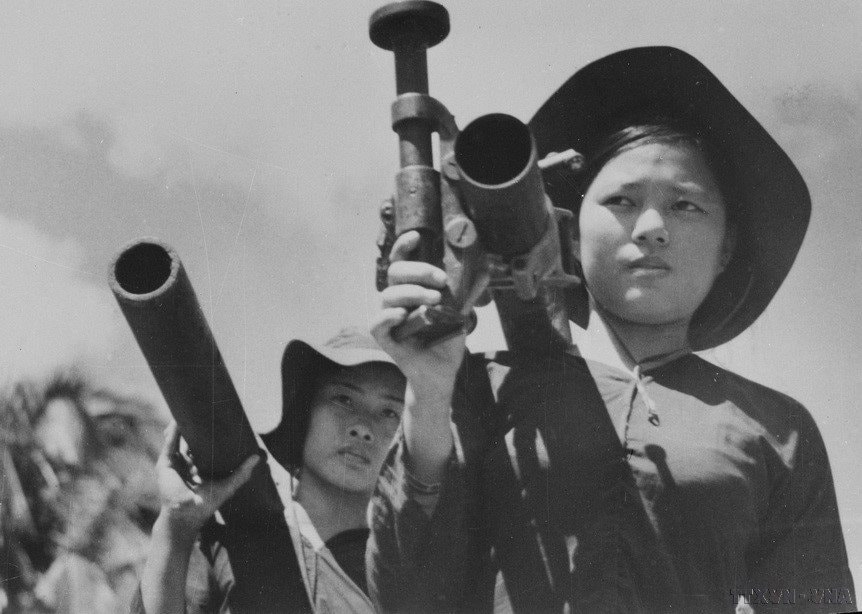
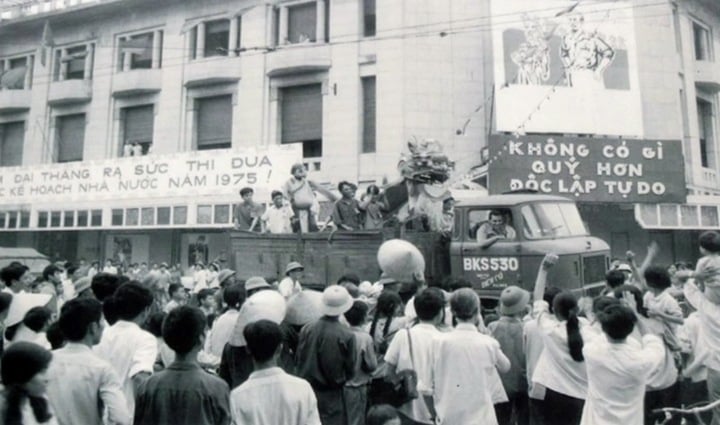
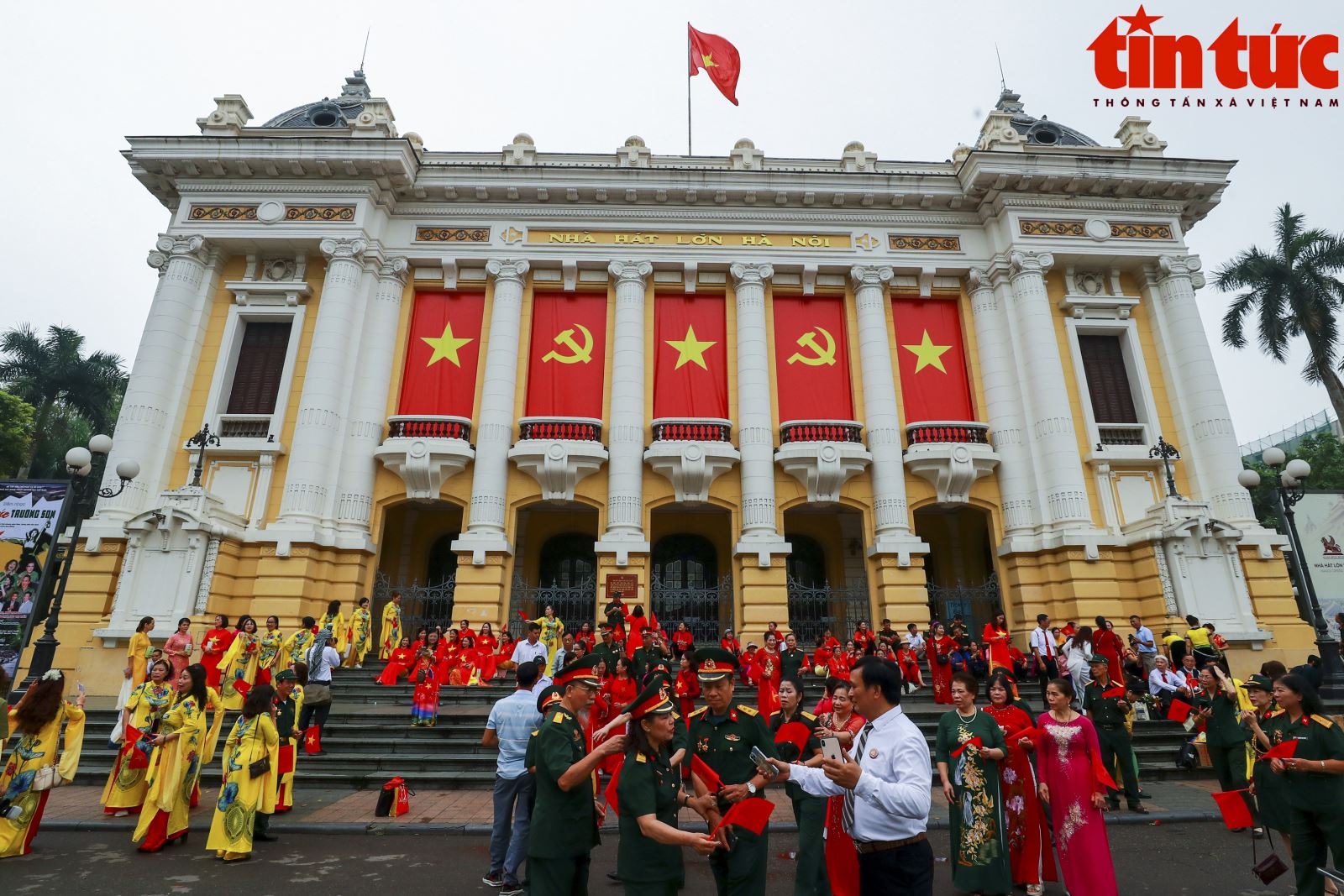

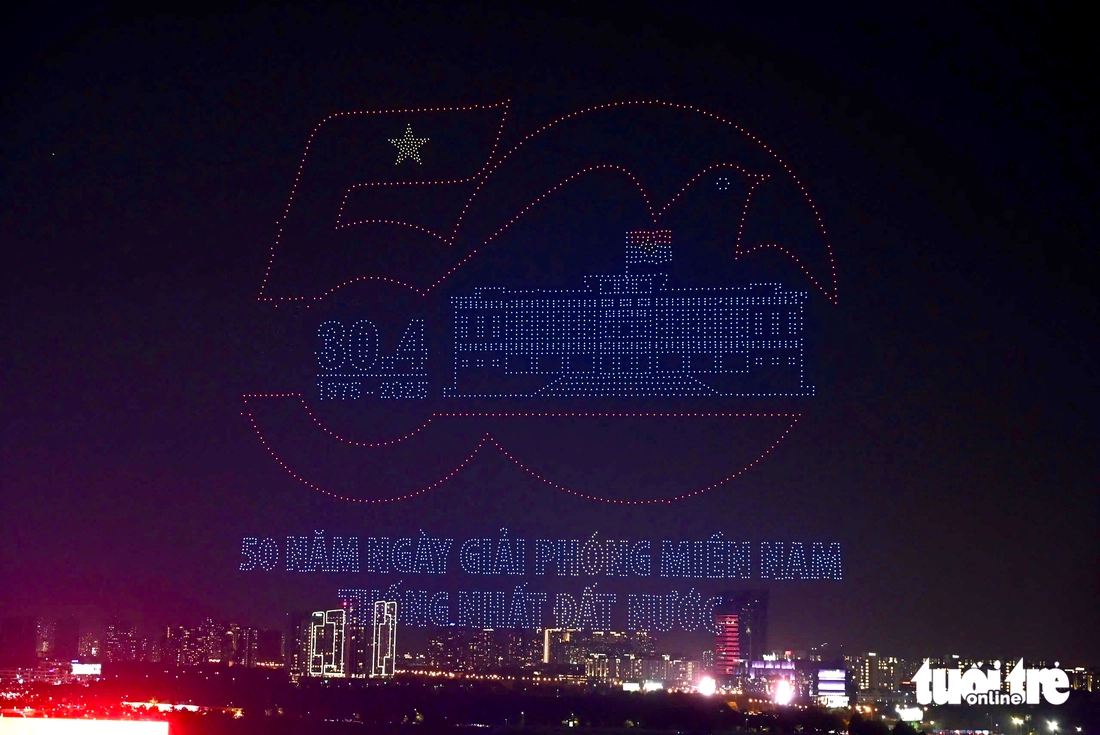



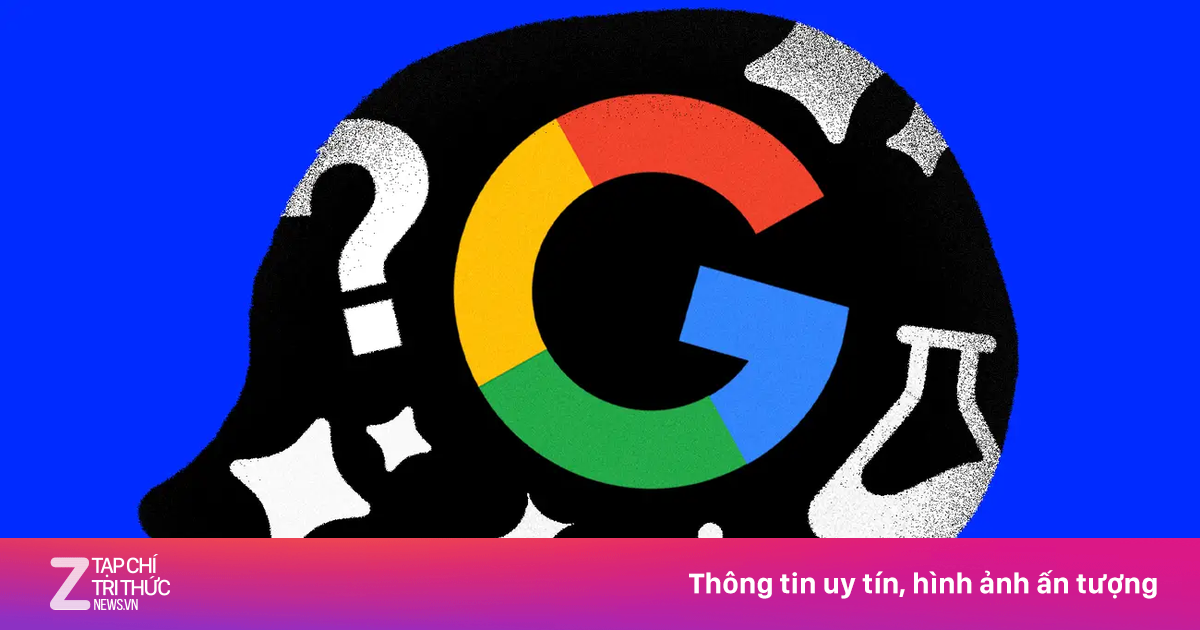




![[Photo] Prime Minister Pham Minh Chinh and Japanese Prime Minister Ishiba Shigeru attend the Vietnam - Japan Forum](https://vstatic.vietnam.vn/vietnam/resource/IMAGE/2025/4/29/fc09c3784d244fb5a4820845db94d4cf)










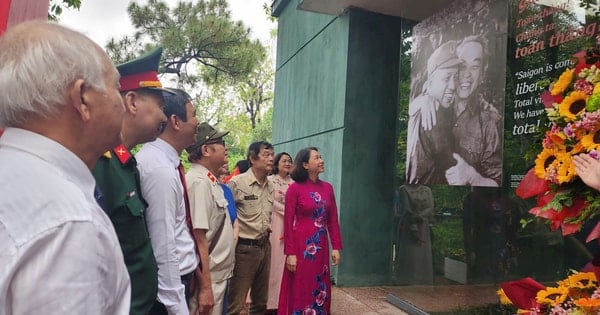
















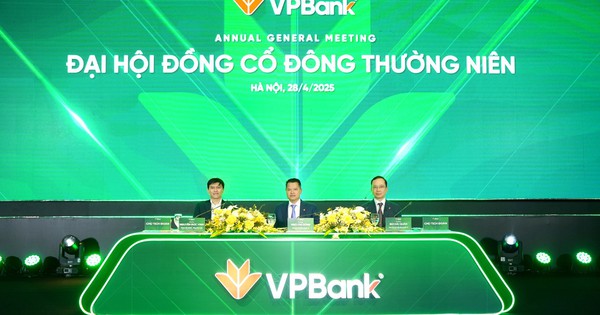




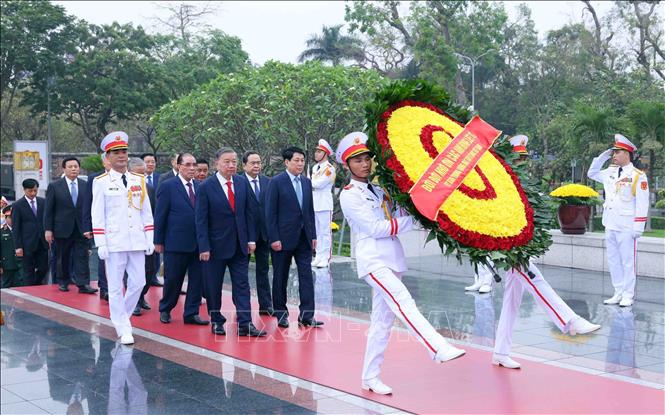

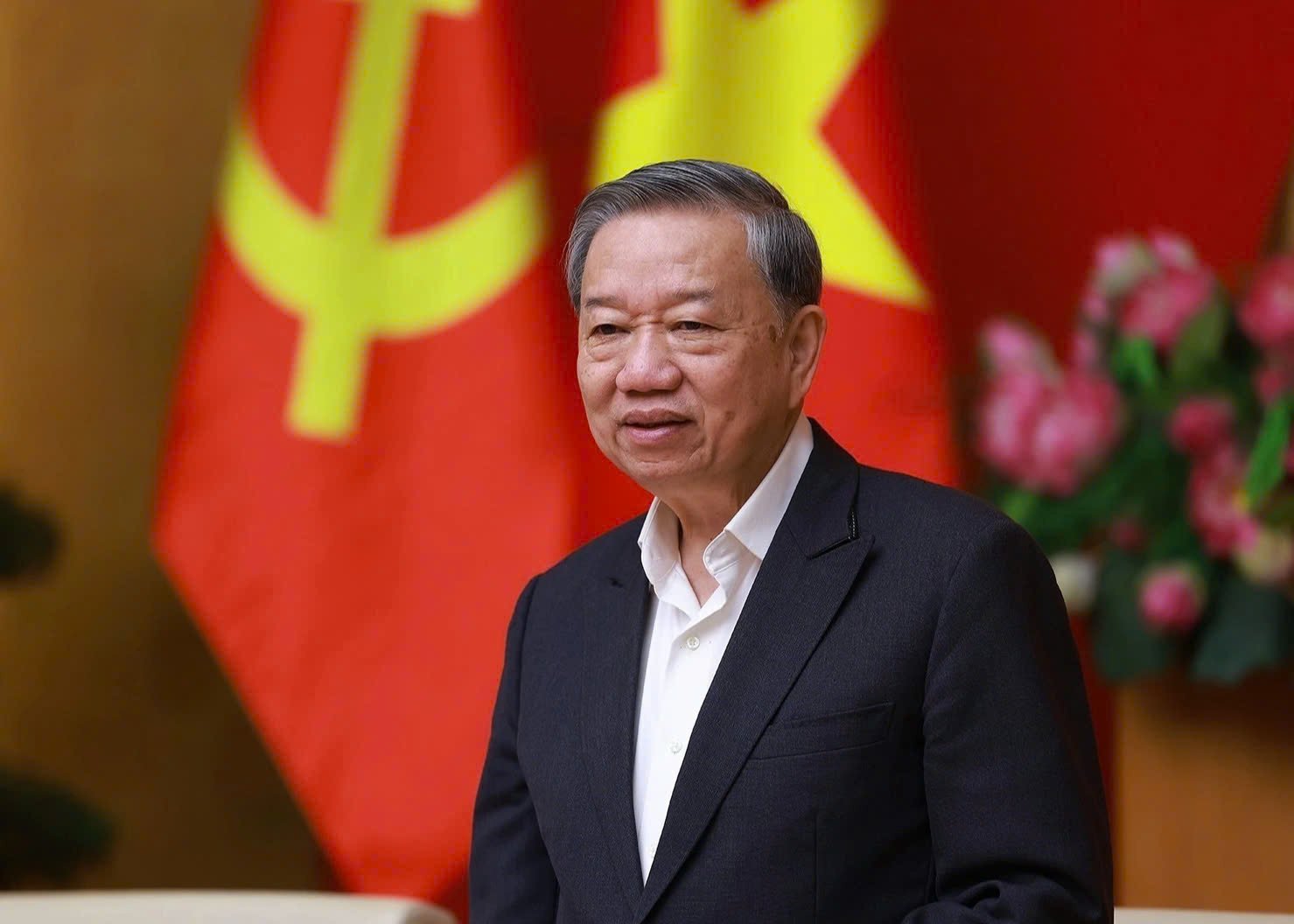



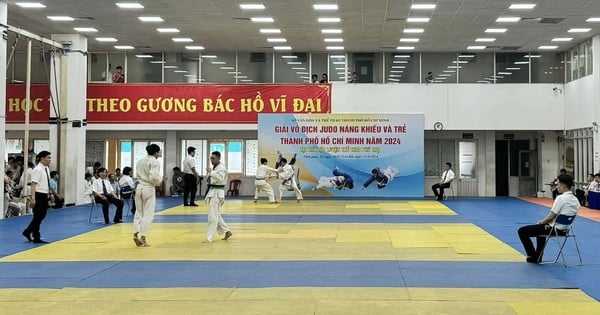
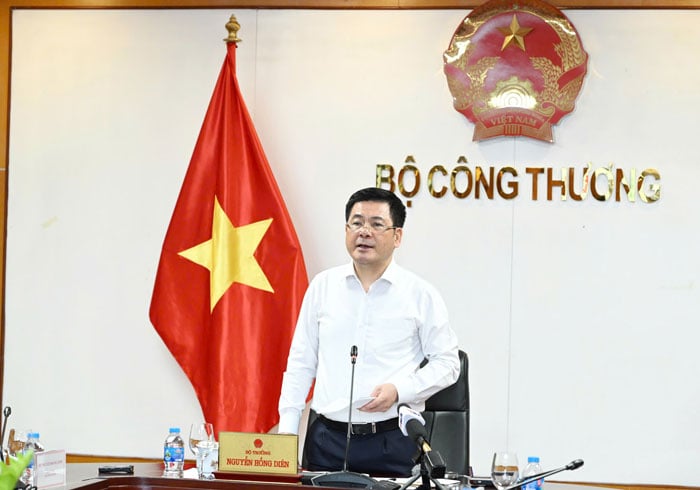


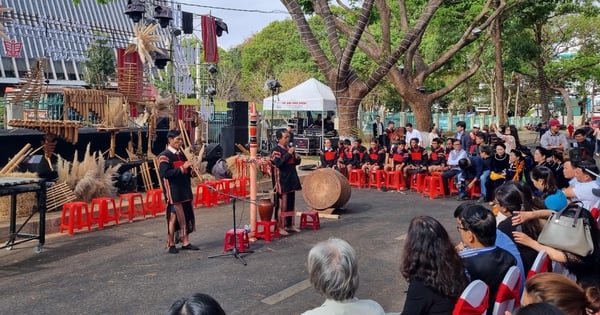
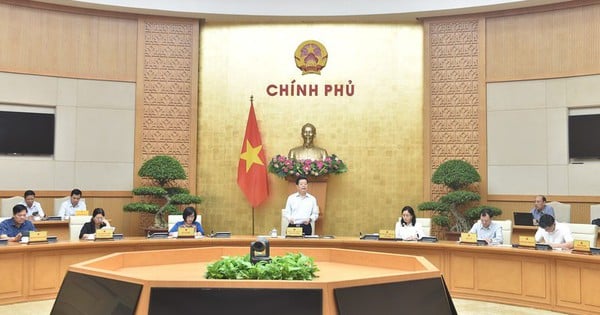




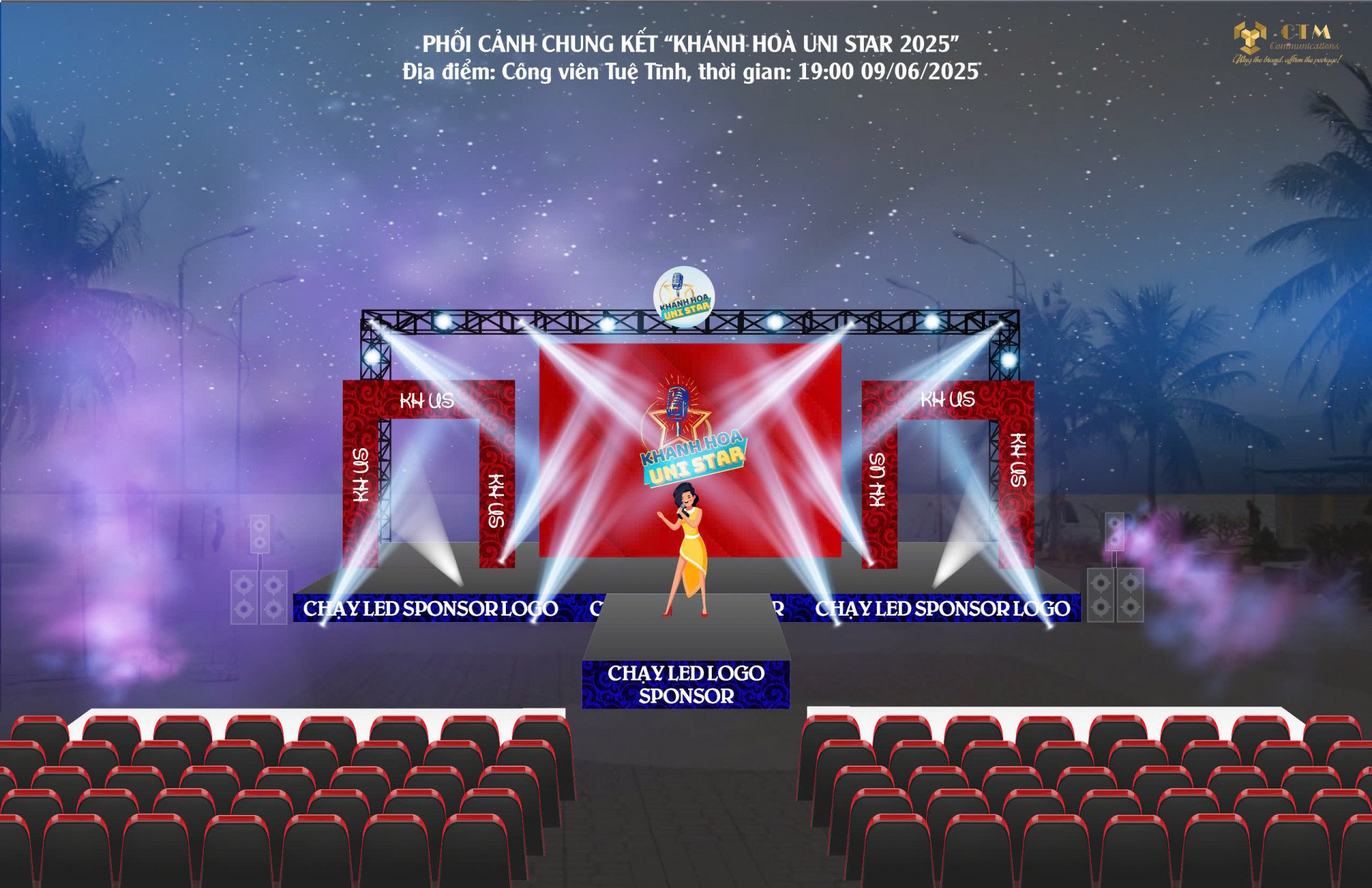


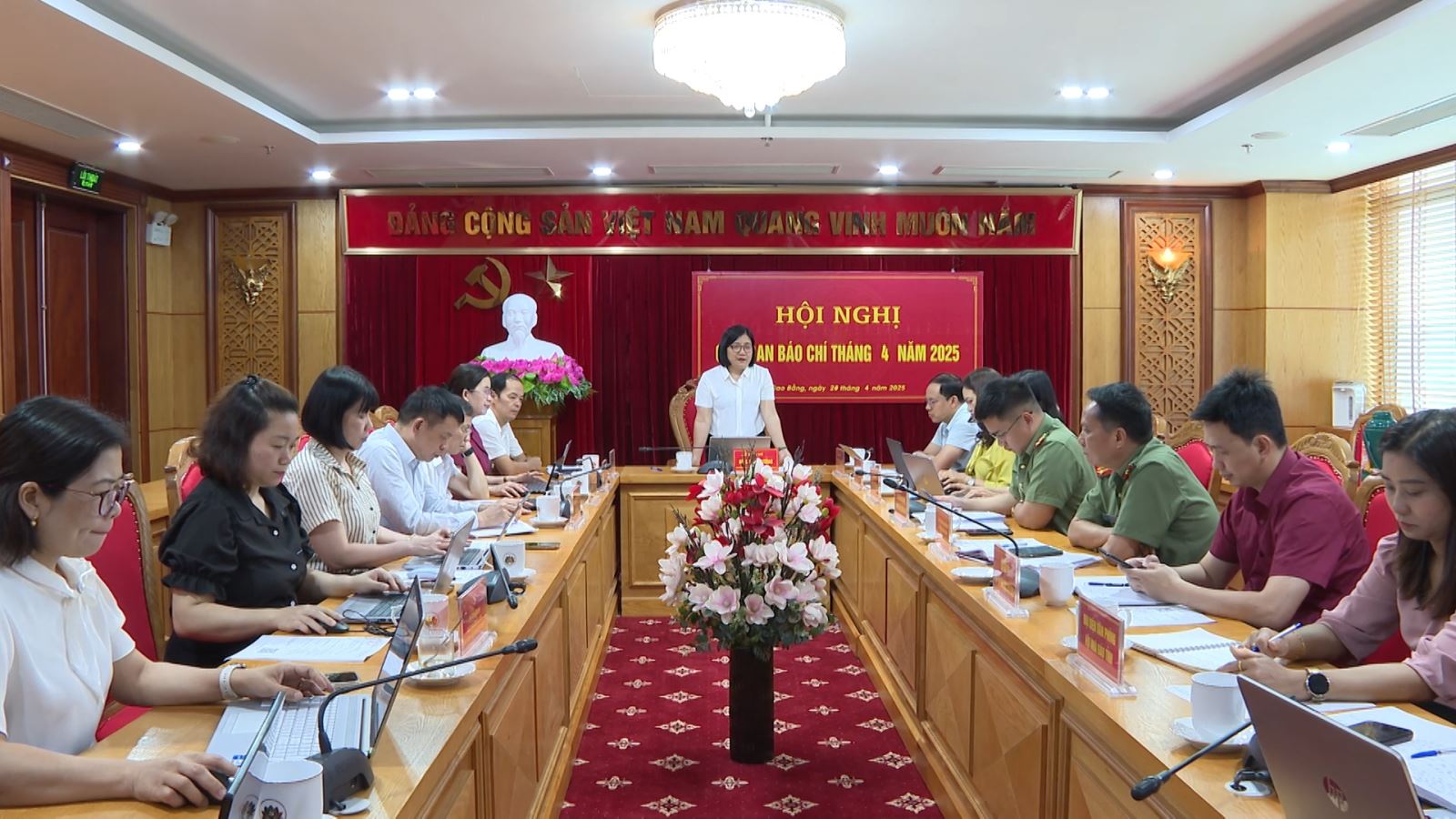

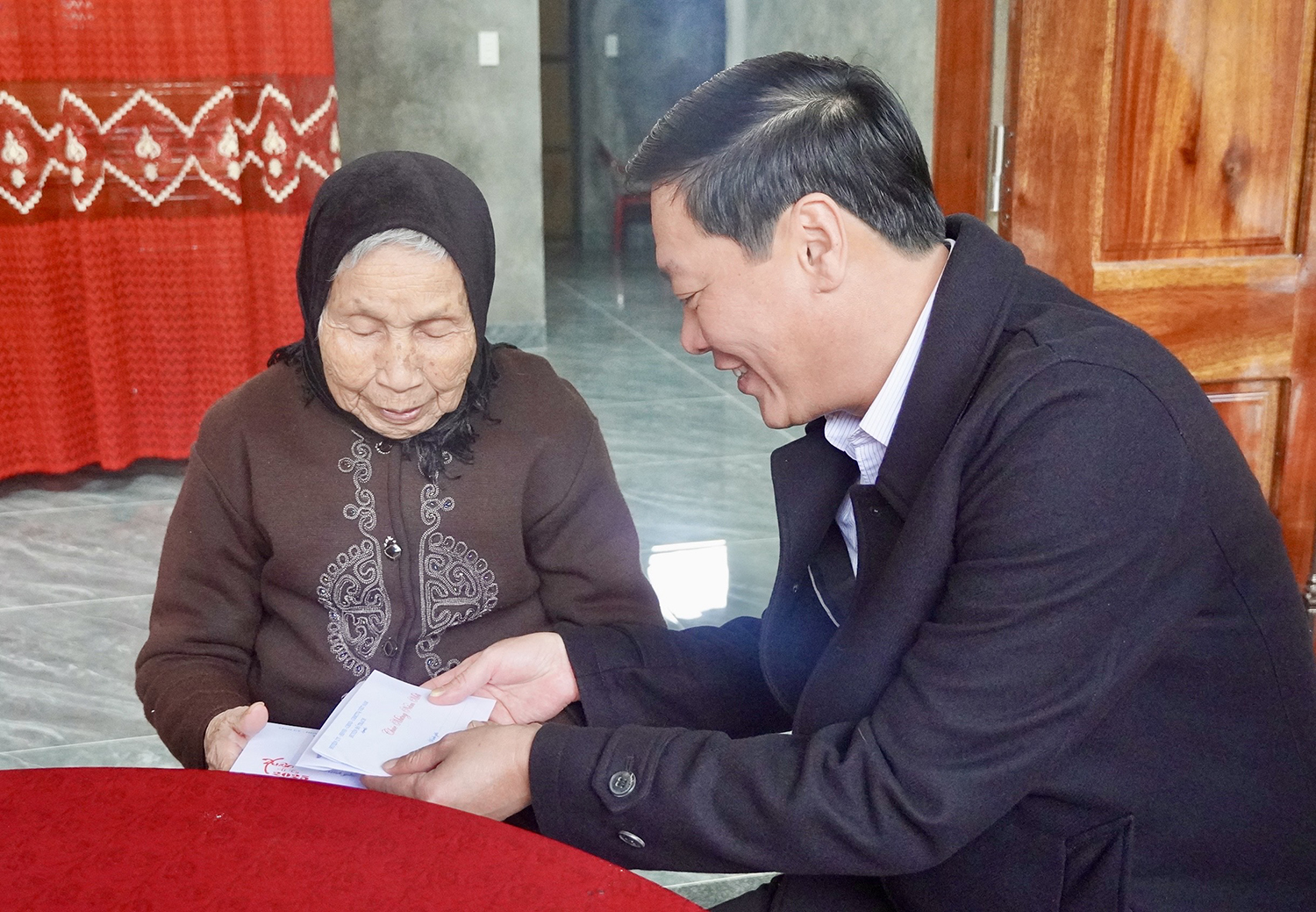

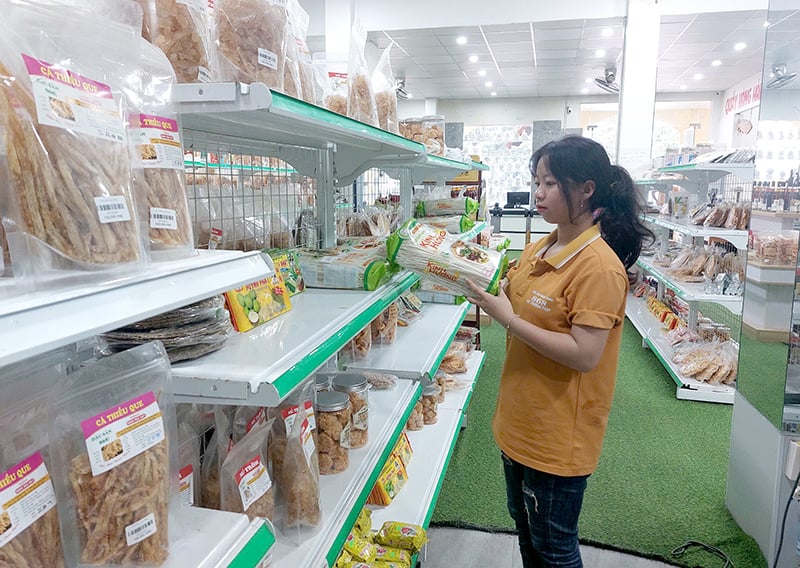
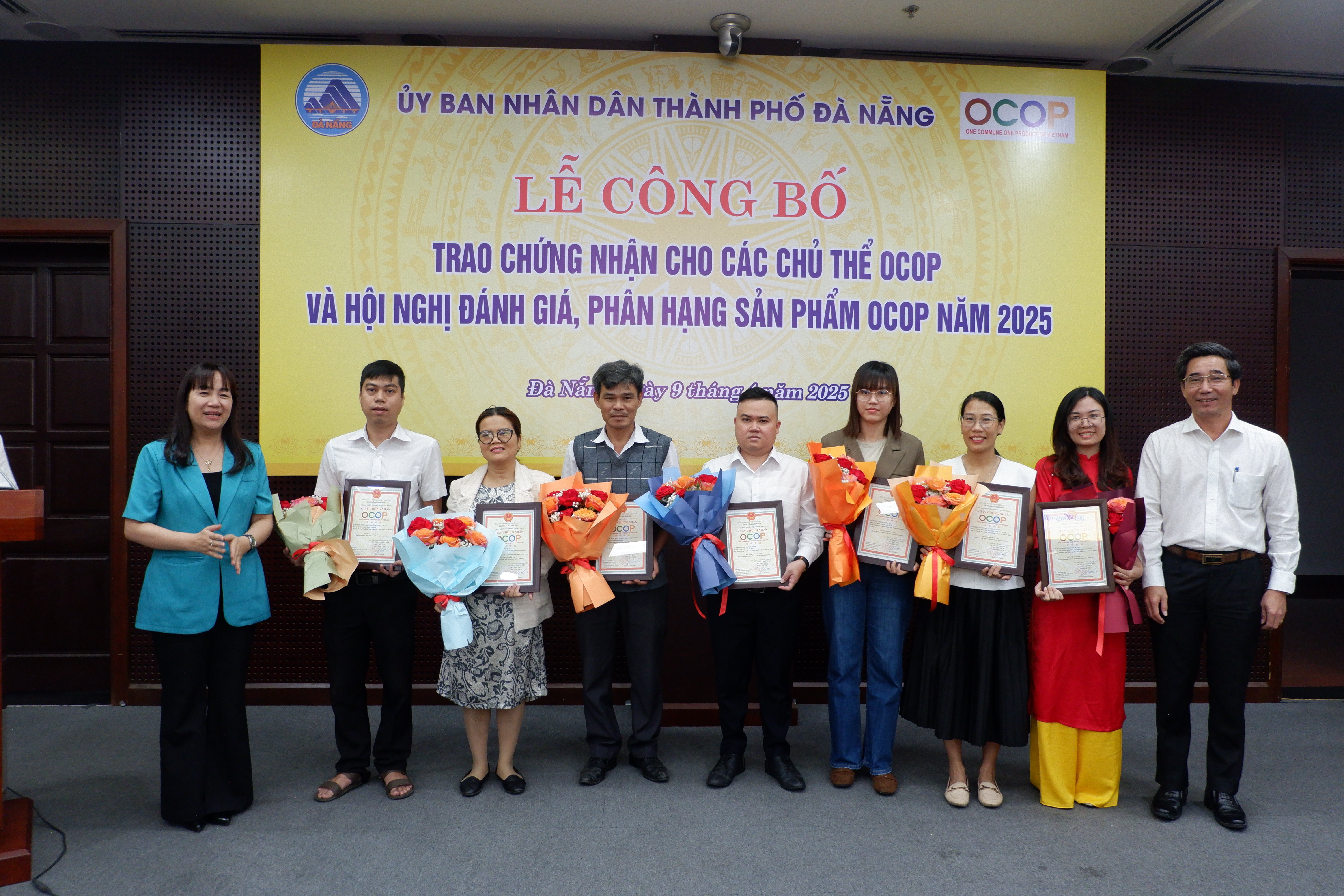



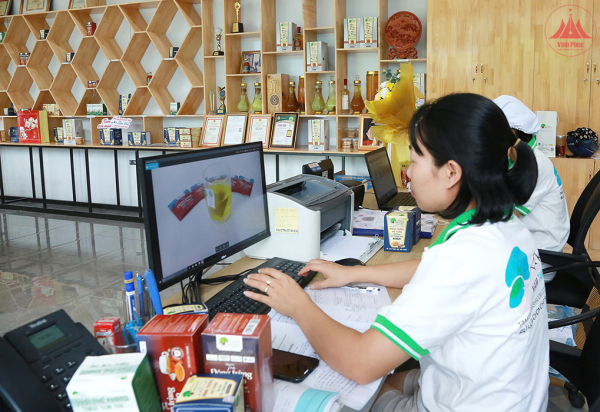



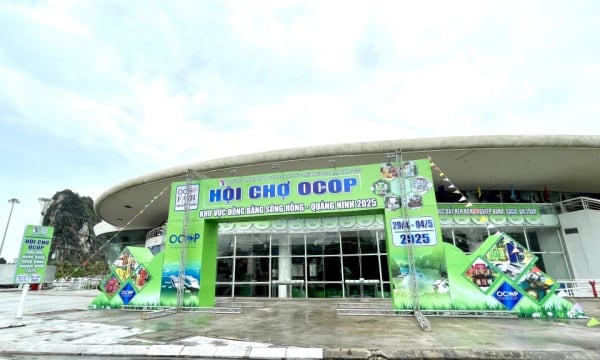
Comment (0)